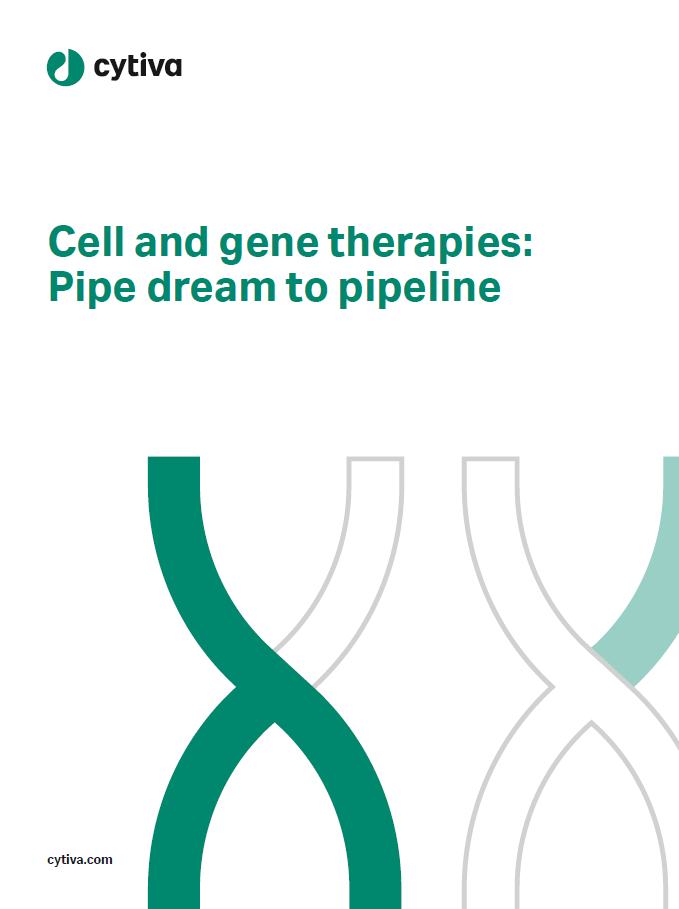

Gene therapy company UniQure has entered a global licensing agreement with Apic Bio for APB-102 to treat patients with amyotrophic lateral sclerosis (ALS) caused by mutations in superoxide dismutase 1 (SOD1).
Under the deal, uniQure will obtain the worldwide rights to develop and market the clinical-stage gene therapy, APB-102.
uniQure stated that the licence of APB-102 further strengthens its gene therapies pipeline developed for the treatment of neurological disorders, as well as miRNA-based gene silencing programmes.
APB-102 is designed to be a one-time, intrathecally administered gene therapy for ALS patients.
It includes a recombinant AAVrh10 vector that expresses a microribonucleic acid (miRNA), which reduces the expression of SOD1 to slow down or reverse ALS progression in SOD1 mutation patients.
The gene therapy received Orphan Drug and Fast Track designations from the US Food and Drug Administration (FDA).
The regulator has also cleared the investigational new drug (IND) application for APB-102.
uniQure research and development president Ricardo Dolmetsch said: “The licensing of APB-102 provides uniQure with another clinical stage program that is strategically aligned with our current pipeline and highly complementary with our AMT-161 programme for the treatment of ALS caused by mutations in the c9orf72 gene.
“Together, these ALS gene therapy candidates have the potential to address most familial forms of ALS and transform the lives of thousands of patients around the world suffering from this devastating disease.”
According to the deal, the company will initially make a $10m cash payment to Apic Bio, milestone payments of up to $45m subject to the US and European regulatory approvals for APB-102, and the achievement of pre-specified annual net sales targets.
uniQure will also provide tiered royalties ranging from mid-single digits to low double digits on net sales.
The Phase I/II clinical study of APB-102 is also expected to commence in the second half of this year.
Cell & Gene Therapy coverage on Pharmaceutical Technology is supported by Cytiva.
Editorial content is independently produced and follows the highest standards of journalistic integrity. Topic sponsors are not involved in the creation of editorial content.


